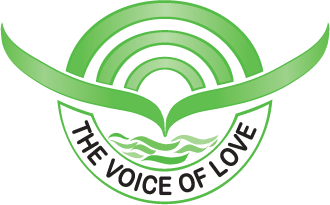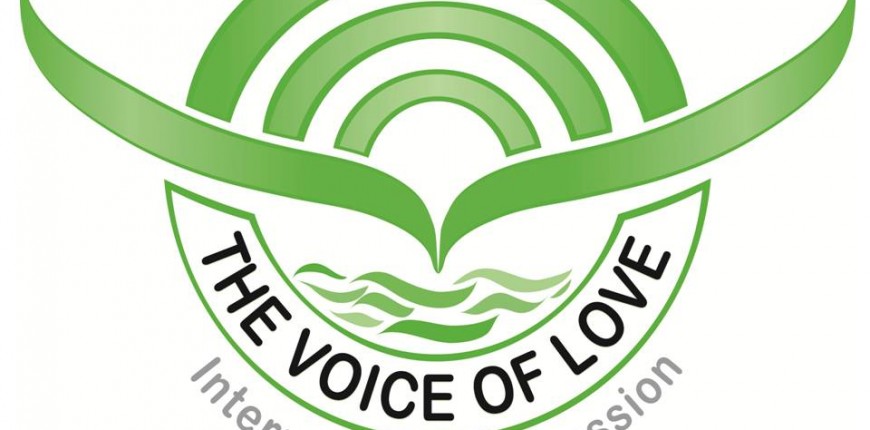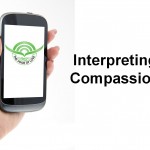VOL’s mission:
“Through the provision of quality interpreting, promote the equal access of linguistically diverse survivors of torture, war trauma and sexual violence to services that advance their healing, growth and achievement.”
I grew up in Europe after World War II, surrounded by people who suffered from war trauma and had been displaced by the war. I was born in Vienna, Austria, into a family where all the men, with the exception of my maternal grandfather, had been killed. Some family members had lost sons and husbands, others were refugees from former Czechoslovakia who were desperately looking for their children in various refugee camps. I saw their suffering first hand.
Nonetheless, my family was lucky when compared to some of the refugees that VOL-trained interpreters work with: we did not face language problems. No one had to rely on interpreters. And even without interpreters, my family members faced many challenges when dealing with authority figures.
Once I was on a refugee flight that brought Eastern European refugees to Canada and the United States. I saw my fellow travelers’ faces when they saw Canadian or American land for the very first time, realizing that they were arriving in their new home. I saw their fear, their hopes, their disbelief that they had finally arrived – those were moments that stayed with me for the rest of my life.
Providing the best of interpreting services to refugees, to people who were victims of war trauma, violence of any kind, including torture, is certainly the least we can do to help our fellow men and women who have suffered so much. This is why I believe in VOL. This is why I promised myself I would do my very best to help VOL succeed.
VOL’s Chair of the Board of Directors






